Des Plaines Ikes demonstrate advocacy in action
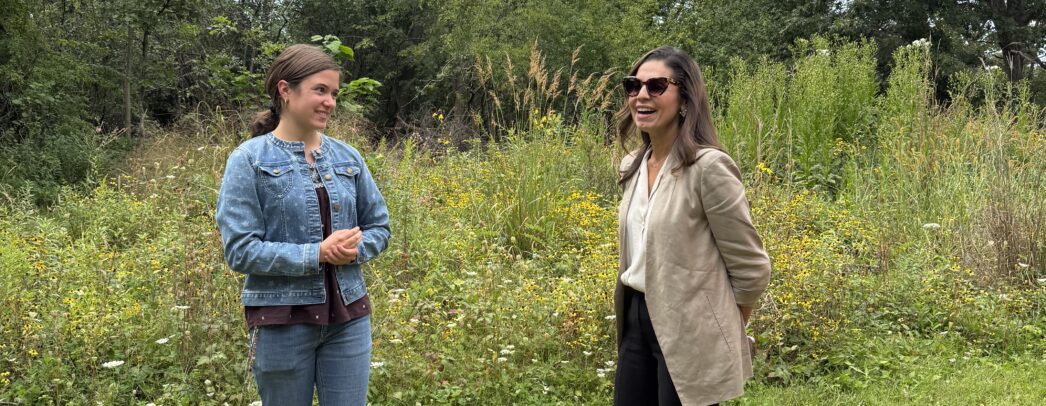
Advocating for conservation of natural resources spurred the Izaak Walton League’s establishment in 1922 when our founders became alarmed by the toll development and pollution were taking on places they hunted and fished. More than 100 years later, Ikes across the country continue that legacy, defending our nation’s soil, air, woods, water and wildlife.
In one recent example, members of the Des Plaines, Illinois chapter hosted staff of U.S. Senator Dick Durbin for a visit. Several members were present to highlight the League’s conservation priorities, the historical accomplishments of their chapter, their goals moving forward, and partnership opportunities for the senator’s office. Senator Durbin’s State Director met with the group and took a tour of the property.
Meeting with the policymakers that represent your chapter and members is a great way to build relationships, and Congressional staff located “in-district,” as opposed to in Washington, are a great resource for starting this dialogue. Sharing about the League’s work in Illinois is a benefit to Senator Durbin’s office by forming partnerships and collaborating on local conservation issues. In Congress, the Senator serves on the Senate Agriculture Committee and Senate Appropriations Committee. A relationship with his office will also help advance the League’s conservation priorities and have the potential for nationwide impact. Engaging his staff to share the on the ground conservation the Illinois Division is doing at its Giant Goose facility, as well as advocate for better agricultural conservation policies that protect soil health, reduce water pollution and protect wildlife habitat, showcases the League’s proud traditions of community conservation as well as national advocacy.
The event in Des Plaines is just one example of what our chapters are doing to advocate for conservation. The term “advocacy” often gets misconstrued as just phone calls and letters to elected representatives, and while it certainly can be those actions, there are endless other ways for League members to advocate on the national level, on the state level, at the chapter level and at the personal level. Advocating for conservation practices can happen anywhere—from sharing posts on your own personal social media, to inviting decision-makers to your events.
If you or your chapter are interested in more involved in advocacy, here are a few ideas to start:
- Bringing awareness to an issue and making a suggestion for a solution is a great first step in advocating for change. Writing a letter to your local paper about the need for more pollinator gardens or less salt on the roadways in your community can make a big impact in bringing light to an issue others may not have known was something they should be thinking about.
- Building partnerships is an integral part of working toward solutions. These partnerships may come from like-minded individuals, volunteers, fellow Ikes, other chapters or other organizations. Your elected officials should always be a part of your partnership plan.
- Finding solutions can often feel daunting. Getting people on the same page about any issue can be difficult, but finding solutions doesn’t have to be. When planning to make suggestions for solutions, bring as much knowledge and input to the table as possible. Often, your solution can be a starting point for deeper thought about the issue and a springboard for creativity.
- Highlighting the positives goes hand-in-hand with bringing awareness. Shouting out kudos when they are due not only brings awareness to the original issue but shows that solutions are possible. A phone call, a letter, or a post on your social media to promote the positive is another advocacy step.
Starting to get some ideas? We’re here to help. For support or guidance on advocacy actions you can do at your chapter, contact the League’s Grassroots Advocacy Manager, Jess Gordon: jgordon@iwla.org
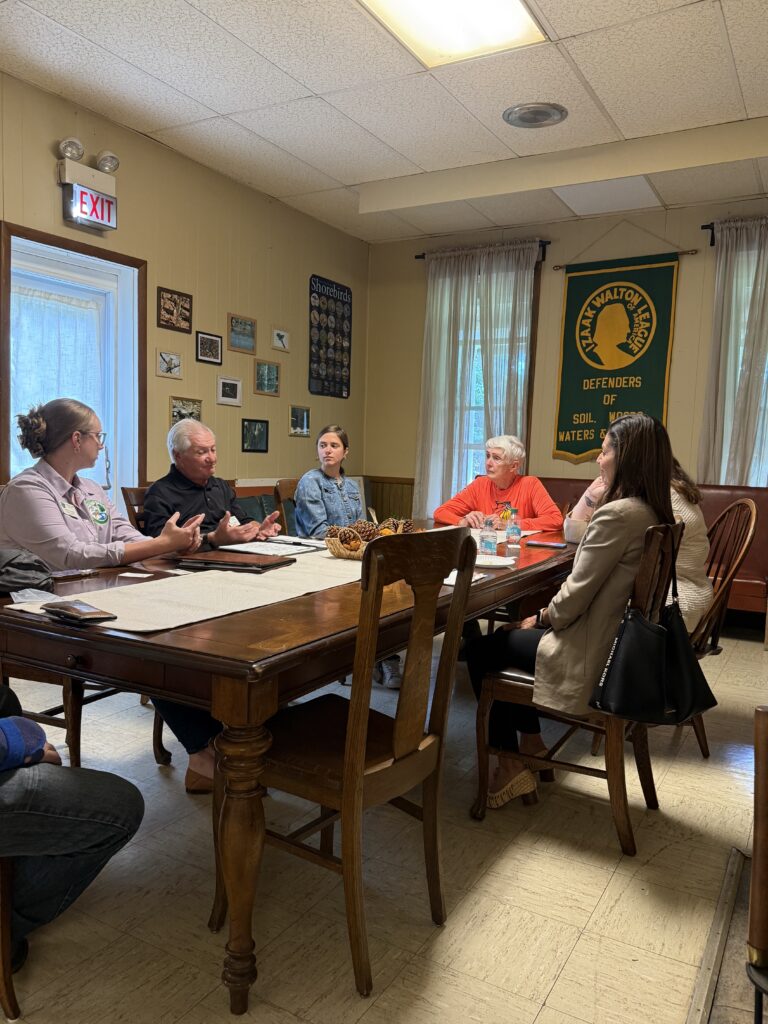
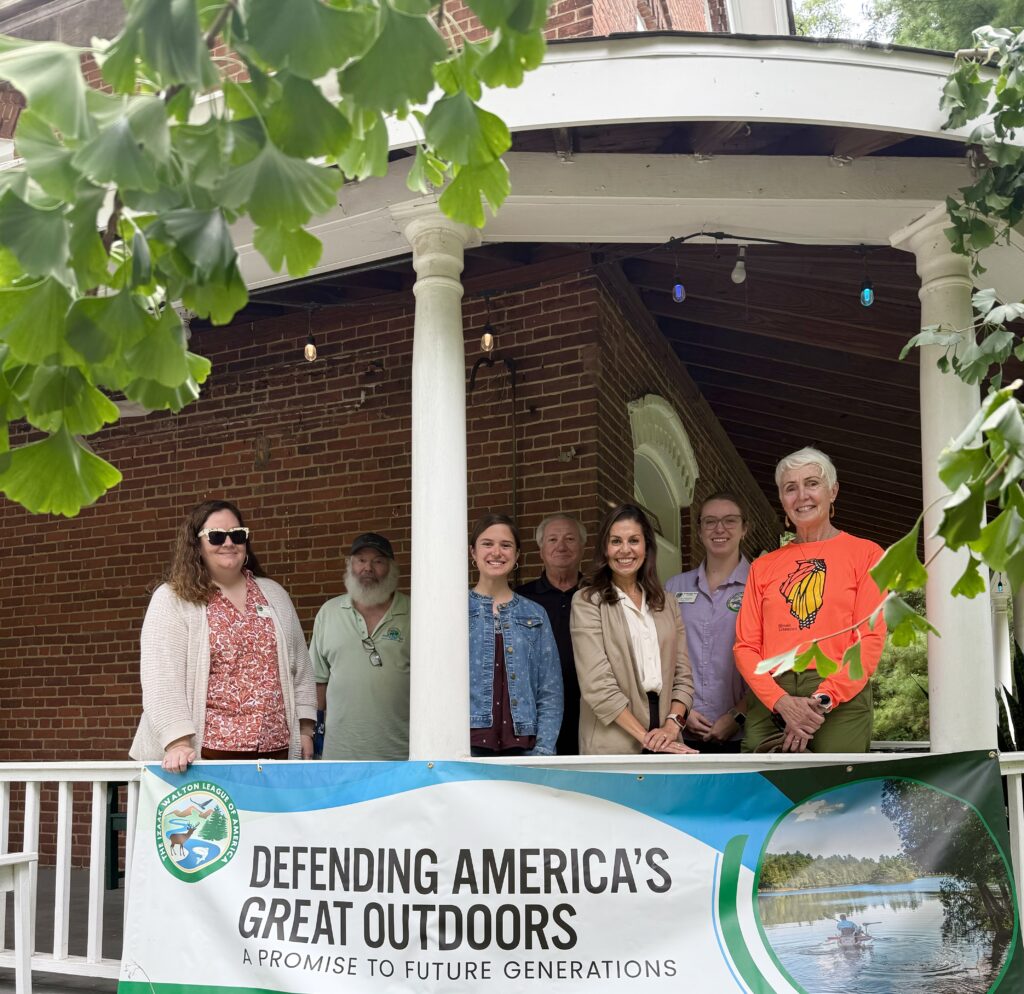
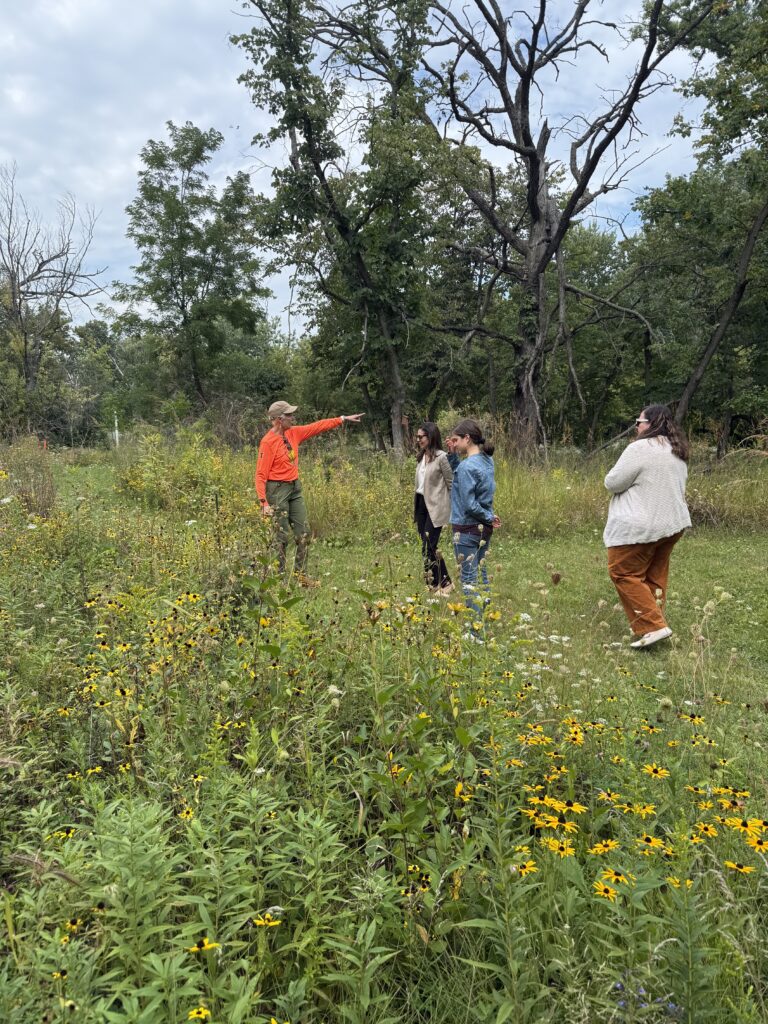
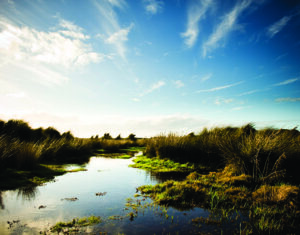
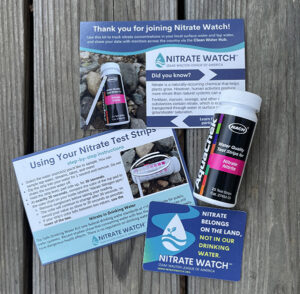 Your kit will include a bottle containing 25 nitrate test strips which you can use to test your water source(s) throughout the year. You’ll also receive postcards explaining how to use your nitrate test strips and how to share your Nitrate Watch results on the Clean Water Hub.
Your kit will include a bottle containing 25 nitrate test strips which you can use to test your water source(s) throughout the year. You’ll also receive postcards explaining how to use your nitrate test strips and how to share your Nitrate Watch results on the Clean Water Hub.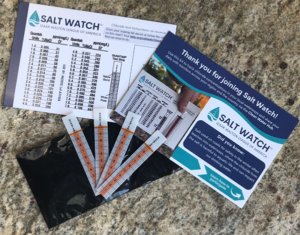 Your kit will include four test strips so you can test your waterway throughout the season. You’ll also receive a chart to help you interpret your results and a postcard with instructions for completing a Salt Watch test and reporting your findings.
Your kit will include four test strips so you can test your waterway throughout the season. You’ll also receive a chart to help you interpret your results and a postcard with instructions for completing a Salt Watch test and reporting your findings.